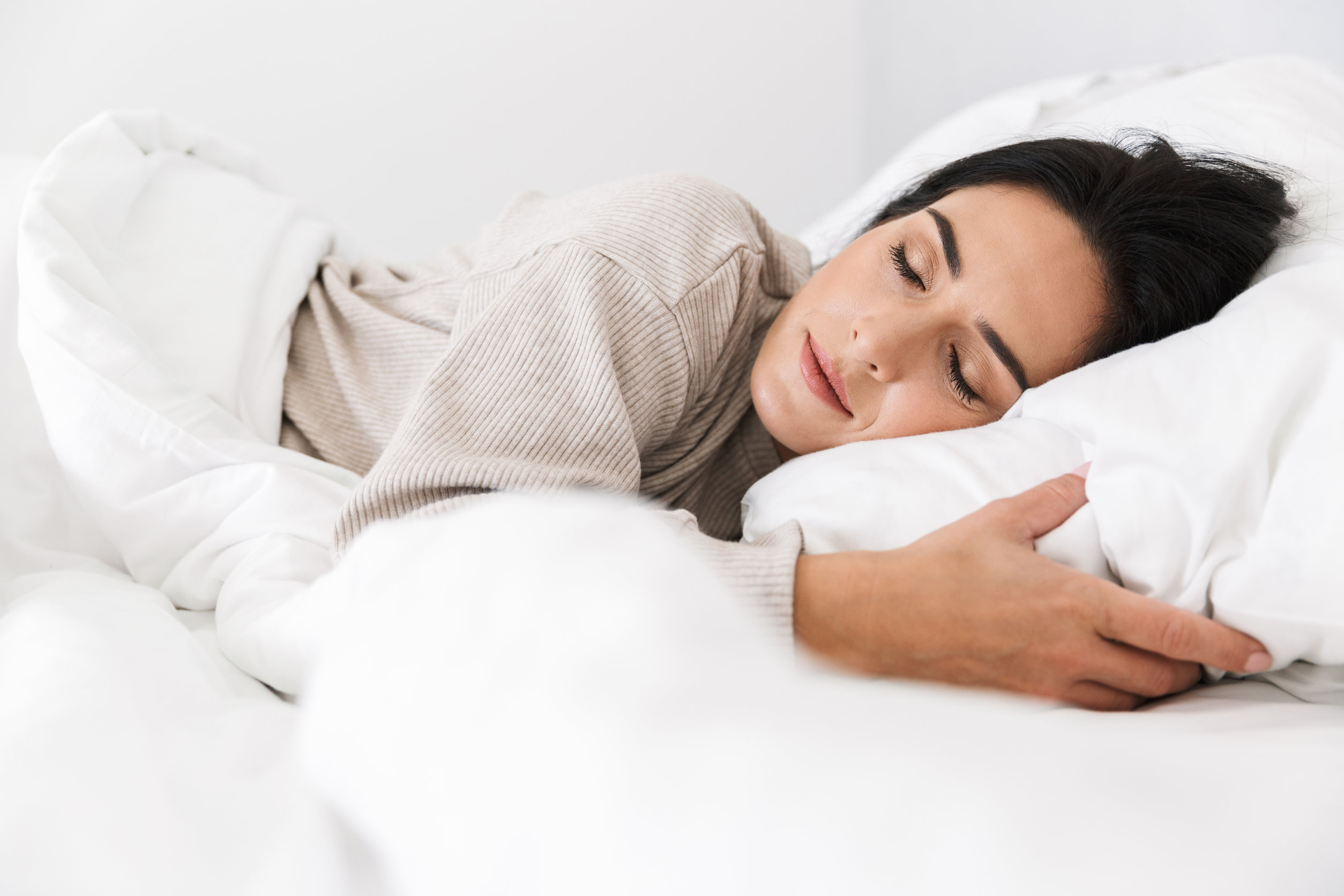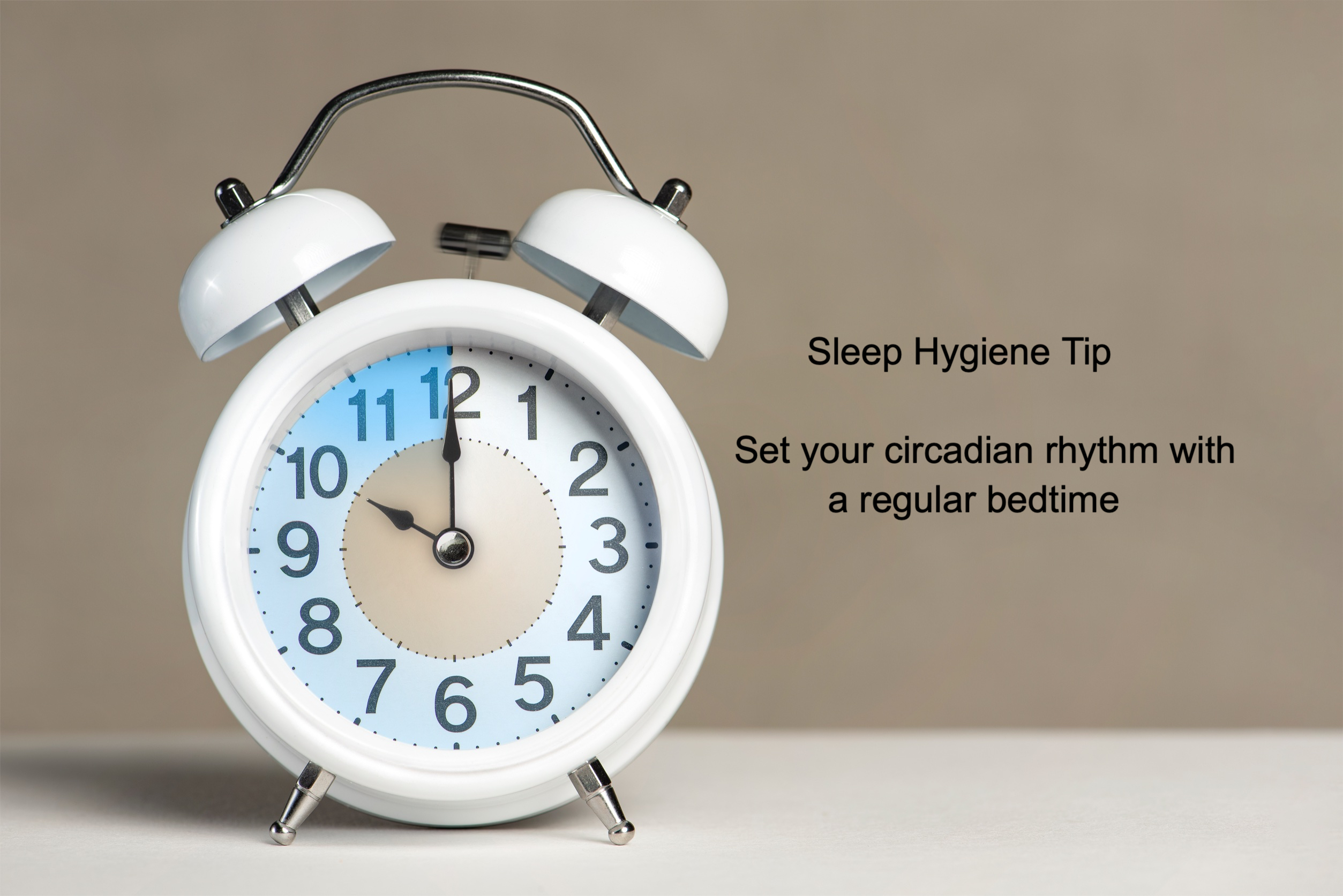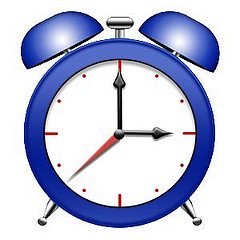Sleep Hygiene
Sleep hygiene is essential to a good night's sleep and good sleep practices are often lacking in our modern society. Busy schedules consist of staying up too late and getting up too early. Late night electronics, caffeine, alcohol, sugar, and workloads prevent us from falling asleep or staying asleep.
Preparing for sleep is basically common sense and habits you were probably taught as a child - but perhaps didn't think they could really impact your sleep quality. To begin getting a good night's sleep, there are important practices to follow throughout the entire day to set yourself up for a well rested night.
Sleep Hygiene: Daily Habits
- Regular Bedtime and Awake Time The importance of a predictable bed time is that the body will adapt to the pattern and you will fall asleep sooner and awake easier. Setting a circadian rhythm or internal sleep clock is a good place to begin.
- Most sleep experts agree to aim to be in bed and asleep by around 10:00 PM for the most restorative sleep. Go to bed and wake up at about the same time everyday.
- Avoid Long Naps: A power nap may be what you need to stay energized all day, but a nap beyond 45 minutes or too late in the afternoon can making falling asleep a challenge.
- Exercise Regularly: Exercise can help to deepen sleep. However strenuous activity should be avoided within three hours of your bedtime to prevent too much stimulation.
- Sun Exposure: Setting your daytime clock is just as important as setting your night time clock. Exposing yourself to sunshine during the day helps to increase melatonin secretions at night.
- Alcohol and Caffeine Timing: Both substances should be avoided 4-6 hours before bedtime. Once your nighttime regime is established, ensure that you do not ingest these stimulants. For some, caffeine anytime of the day can cause problems with falling asleep and should be eliminated for a time. Although alcohol may aid in sleepiness for some, once the alcohol levels in the blood begins to fall, the body often wakes-up.
- Limit Heavy, Sugary, and Spicy Foods: This advice varies from person to person. Pay attention to how you feel after these foods and how they settle as you are going to sleep. If you have heartburn as you lay down, your insulin spikes, or your stomach is unsettled after any of these foods, avoid eating them in the evening.
Sleep Hygiene: Bedtime Routine
- Relax Before Bed: Limit TV and computer use or stressful work too close too bed. Although these may not seem to bother you, they can stimulate your brain and make it more difficult for your mind to settle down. Try light stretching, restful poses with yoga, or deep breathing.
- Wear Blue Light Blocking Glasses Blue light from your
computer, TV, smart phone, iPad etc all hinder one's ability to fall
asleep by interfering with melatonin secretions. I usually stop all use
of electronics by 8:00. But if I want to watch some light TV show I now
wear blue light blocking glasses from 1-2 hours before I go to bed. Amber or orange tinted lenses block blue light. I wear this pair from Amazon:
- Nighttime Routine Another practice to try is to setup a routine to allow your body and mind to prepare for sleep. Do the same stretches, read for ten minutes, listen to music and go to sleep. Whatever routine works for you simply repeat it nightly.
- Notepad: To calm your mind try writing down all your thoughts and things that need to get done to allow your mind to relax instead of trying to remember everything for the next day.
- Snack: Depending on your last meal and how heavy it may have been, do not go to bed with a growling stomach. Foods high in amino acid tryptophan such as bananas or almonds can help aid sleep as well.
One of my favorite books on learning good daytime and evening habits to enhance sleep for myself and my family is by Dr. Archibald Hart, a former clinical psychologist and dean of the School of Psychology at Fuller Theological Seminary. Practical tips and a book that you will want to read and re-read:
Sleep It Does a Family Good: How Busy Families Can Overcome Sleep Deprivation
Sleep Environment
- Relaxing Environment: Is your room a mess? Cluttered? Is your bed covered with stuff? Your bedroom should be inviting and calming. Is your bed comfortable? You do not need to go buy a new bedding set, but make small changes with a new pillow, a softer set of sheets, or whatever you need to do to make your bed inviting and comforting.

- Bed Activity: What activity is done in your bedroom and on your bed? Avoid any confusion with bedtime by reserving the bed for sleep. Limit or even better remove the TV from the bedroom. Do not do computer work or surf the internet on your iPad. Let your body/mind associate the bed with sleeping.
- Eliminate Distractions: Try to make your room as dark as possible and with the least amount of noise. Turn your alarm clock around, set your cell phone to airplane mode, put up dark shades, or wear a sleep mask to create a pitch black room. A completely dark room helps aid the deep sleep cycle. Is your computer buzzing or does your spouse snore? Remove electronics from the bedroom and use earplugs to block out noises.
The goal of sleep hygiene is to have a routine that is conducive to rest and relaxation.
Give yourself a true assessment. Often people claim, I can drink caffeine in the evening and go to sleep or I can be on the computer up until my bedtime. I was one of those people. When I struggled with falling asleep, my husband would tell me to get off the computer in the evening, but I didn't think that was the problem - but indeed it contributed to my insomnia. These stimulants or activities can make you wired or have a subtle affect that will harm your ability to fall asleep.
If you are serious about getting a good night's sleep and are tired of feeling groggy during the day, I encourage you to practice these simple sleep hygiene recommendations for an extended period of time. Oh I know, you are saying to yourself I've tried these before, however a couple of days or even weeks is not enough to establish new habits. They need to be followed consistently over weeks and months to be effective.
Unfortunately there isn't one magic pill or practice that restores good sleep. It's the cumulative effect of good daytime and evening habits that will chase away your insomnia. The first step in turning around your insomnia is to believe that you can fall asleep naturally and without medication.

Get practical advice on how to fall asleep, stay asleep and to get deep sleep. It's free so sign up here:

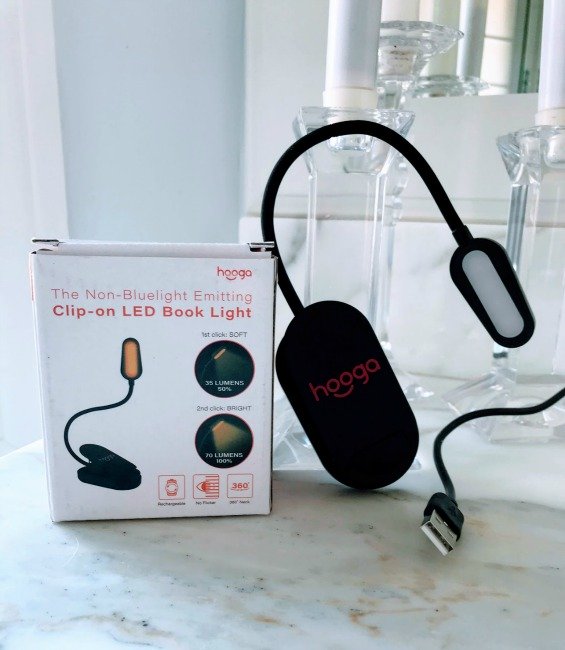


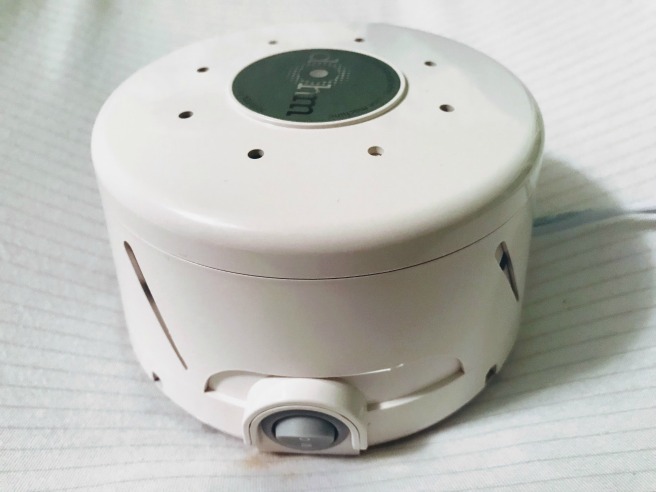

Ancient Minerals Goodnight Magnesium Lotion
Please note that while I do receive commissions from some of the things promoted on this site, I recommend them because I feel they would be of benefit to you.
Advertisers/Affiliates have been hand-picked so that only quality products are recommended. I have used them in my own life and share them with you because that's what friends do.
